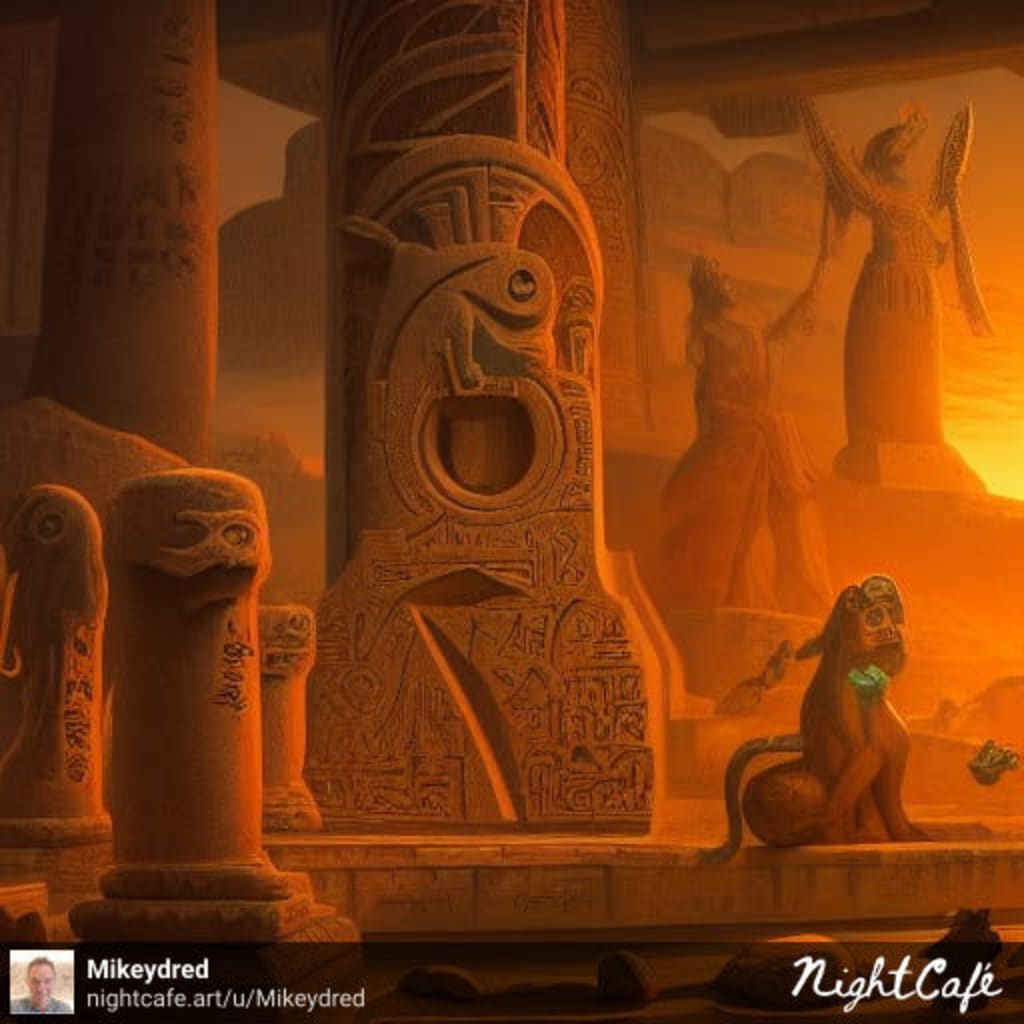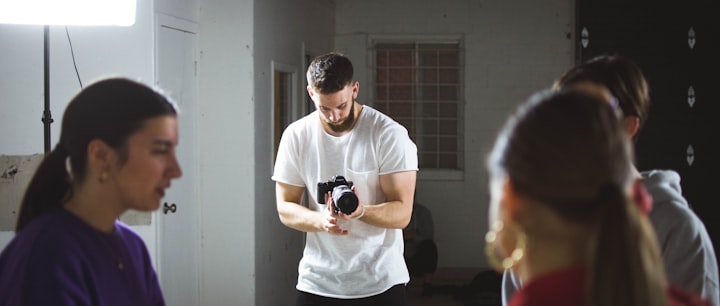Qui, Quai,Quo, Qum - Dead Languages
Latin, Classical Greek, Runes and Hieroglyphics Are Ubiquitous

Introduction
The words in the title are completely made up, a Latin reworking of “Fee Fi Fo Fum” from Jack and the Beanstalk. Obviously Quiis French for Who and Quo is Latin for Where or Wherein. For some reason, I was thinking about how important so-called “dead languages” are still very important to us.
People sometimes think that people who know these languages are better class and more intelligent, they are not, they just had the opportunity to be taught the languages, that is all.
I learnt Latin at Grammar School but skipped on Classical Greek but I still appreciate now what I learned, but I certainly didn’t at the time.
This article will concentrate on Latin but I will drop in any Classical Greek because both of those gave a foundation for our modern languages.
The music is Alex Harvey's take on WH Auden's "Roman Wall Blues" which fits in with the subject.
Apologies for all the world language formats that I ignore in this article, but it is mainly influenced by my exposure to Latin and other Mediterranean and Near Eastern based languages.
Dead Languages In School
I remember having to learn my first Latin “Amo, Amas, Amat, Amamus, Amatis, Amant” that is “I Love, You Love {singular), They, He, She, It Loves (singular), We Love, You Love {plural), They Love (plural)” and that has stuck with me for fifty-five years so it must have been taught well.
From that, you see the French Amour and Italian Amore (not surprising). And in the English dictionary, the word amorous which means loving is an immediate indication that Latin is ingrained into modern languages.
At school, we all wondered why we were being taught dead languages, what was the point? I do see why now, although some will disagree with me.
Also at that school, I was introduced to JRR Tolkien via “The Hobbit” which contained maps with Scandinavian Runes which I enjoyed translating, that is another dead language but Runes are ubiquitous today, especially in New Age circles and Heavy Metal music.
All this was gained from my education, and education is derived from the Latin “I Lead” E Duco (I think but I may need correcting on the exact format)
Sumerian Cuneiform was interesting, making tablets and learning the form with the limited styli. We also looked at Egyptian Hieroglyphics which, like Runes, are still common today usually in artistic contexts.
So Are The Dead Languages Really Zombie Languages?
Apart from words in our language that are derived from Latin and Classical Greek, we have this list of phrases that have not been changed from their original format:
- Carpe Diem - Seize The Day
- Quid Pro Quo - Something For Something
- Ad Hoc - For this
- Status Quo - The Existing State Of Affairs
- Per Se - By Itself or In Itself
- Alma Mater - Nourishing Mother
- Persona Non Grata - An unwelcome person
- Bona Fide - In good faith
- Et Cetera - And other similar things
- Deus Ex Machina - God from the machine
These are just a few phrases that are in use in everyday talk that are pure Latin. There are a lot more than this and you may be able to add more in the comments.
So Latin is definitely still with us
Greek is slightly different in that we have a lot of idiomatic phrases that have definite Greek origins.
- Achilles Heel - A Week Spot, Check Out the Story of Achilles
- Sour Grapes - from Aesop’s fable, the ‘Fox and the Grapes’.
- Between A Rock And A Hard Place - having to choose the lesser of two evils from Homer’s Odyssey
Conclusion
These dead languages are still with us and unlikely to disappear, but that is the nature of language. I hope this has made you want to find out a little more about Latin, Greek, Runes, Hieroglyphics and Cuneiform.






Comments (3)
Great topic!! I like the history of language and that we go back to Latin think it's awesome. I was sh I could speak a 2nd language though. Cheers, well done!
When I was a preteen, I wanted to learn Latin so I could decipher runes in swords and sorcery movies. (I was an avid King Arthur fan!) Then my seventh/eighth grade English teacher taught us an ungraded, extra credit Latin course from outdated textbooks. I could see how all the "Romance languages" like Spanish, French, and Italian stemmed from Latin. Later, I would delve into the Bible and wish I knew more Greek and Hebrew. Welsh and endangered languages like Cornish and Native American tongues fascinate me, also, but I am only able to speak and write English well. I think learning new languages is difficult..much easier on a young brain. Thanks for sharing your thoughts in this article. It is interesting!
Interesting article. Thanks for sharing.